
A river surrounds a village in Huichang county, Jiangxi province. (Photo by ZHU HAIPENG/FOR CHINA DAILY)
China will implement a raft of policy measures to develop advanced manufacturing clusters and stimulate spending on new energy vehicles in rural areas, according to decisions made on Friday at the State Council Executive Meeting, chaired by Premier Li Qiang.
The meeting noted that the development of advanced manufacturing clusters serves as an important way to move Chinese industries up to the medium and high end, and strengthen the resilience and security of industrial and supply chains. It is also conducive to realizing scale effects and competitive advantages in terms of collaborative innovation, talent concentration, cost reduction and enhanced performance.
The meeting decided to give greater prominence to the development of advanced manufacturing clusters by coordinating all efforts across the country and guiding localities to leverage comparative advantages and foster specialized, differentiated and distinctive manufacturing clusters.
Upgrading of traditional industries and cultivation of emerging sectors should proceed in a well-coordinated way. Efforts should be made to promote technological innovation and application, advance high-end, intelligent and green transformation, nurture high-quality enterprises, and expedite the construction of a modern industrial system, according to the meeting.
It was agreed at the meeting that an efficient market and a facilitating State will be better aligned to foster an enabling environment for industrial development.
Noting that rural areas also have enormous market demand, the meeting also decided on steps to pick up the pace of the construction of charging infrastructure, in a bid to tap the consumption potential of rural residents, boost new types of business such as rural tourism and give new impetus to rural vitalization.
The meeting adopted the guidelines on accelerating the construction of charging infrastructure to better support new energy vehicle purchases in the countryside and underpin rural vitalization.
The meeting called for efforts to remove prominent bottlenecks hindering new energy vehicle sales in rural areas. Charging infrastructure will be planned ahead as appropriate. New approaches to operate and maintain the infrastructure will be explored to ensure greater sustainability.
The meeting underlined the need to guide enterprises to extend their sales and services networks to the countryside, and encourage vocational colleges to train maintenance technicians to meet the growing demand for new energy vehicle maintenance.
Policies to support new energy vehicle purchases will be further fine-tuned, and enterprises will be encouraged to diversify the supply of NEVs, to ensure sound development of the green vehicle market in rural areas, according to the meeting.








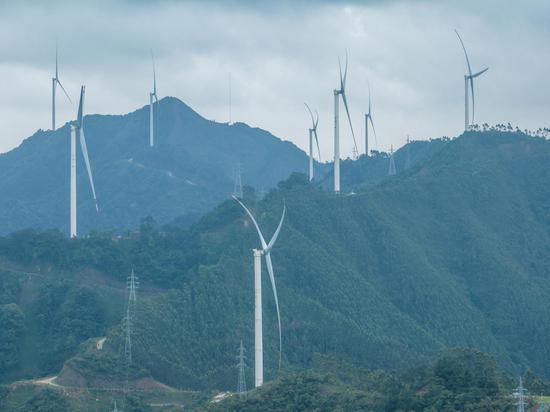

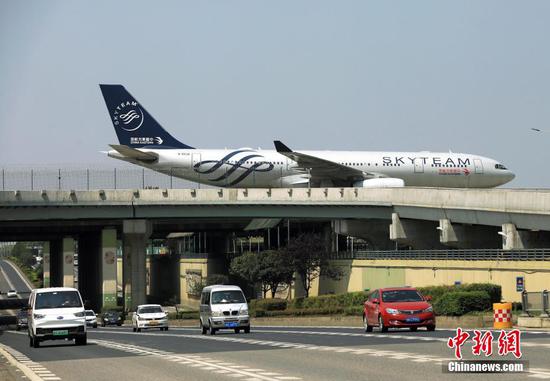

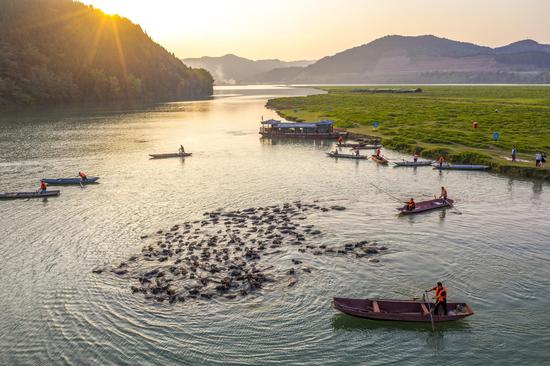

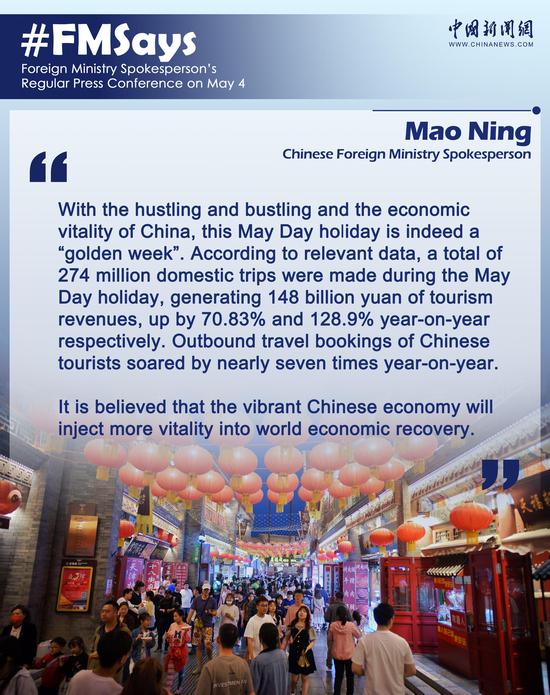




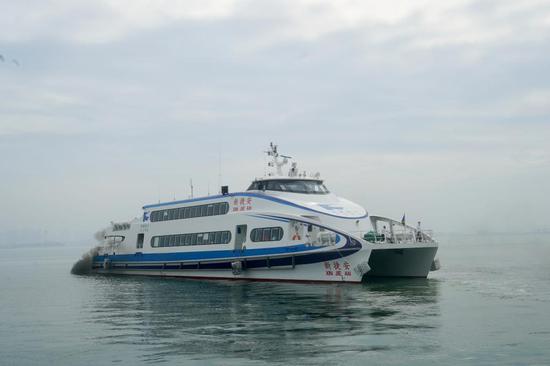



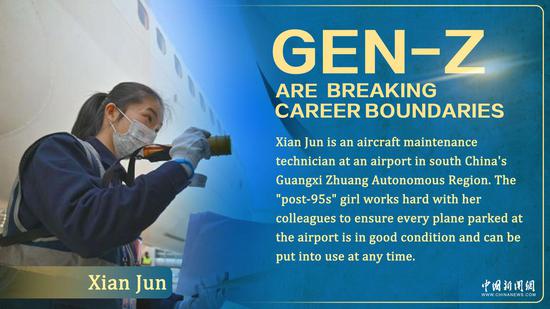




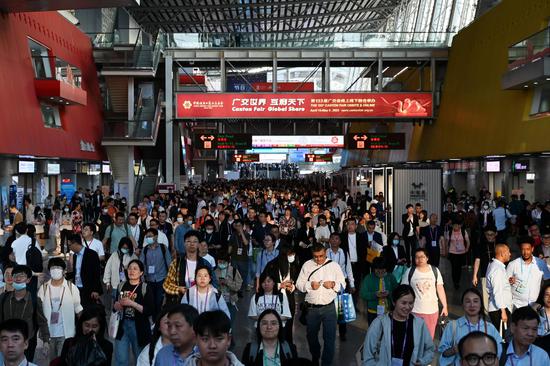
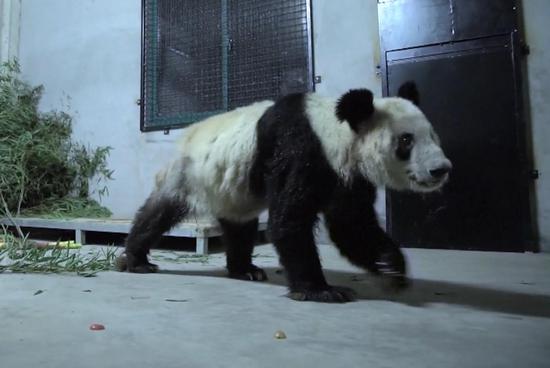



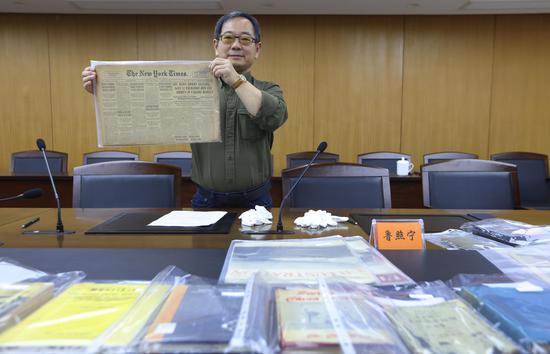




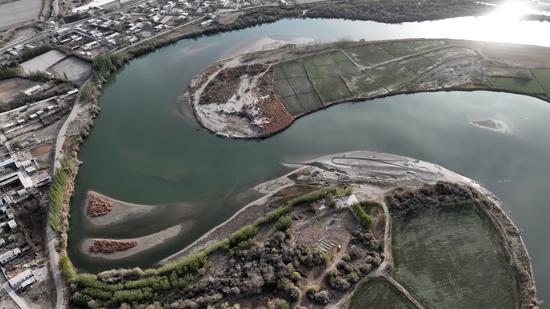











 京公网安备 11010202009201号
京公网安备 11010202009201号